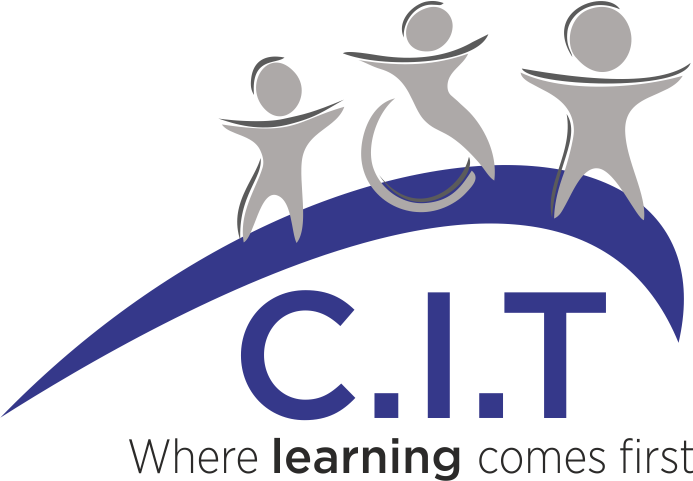How we measure and assess the impact of the careers programme
At Woodlands Academy we use the 8 Gatsby Benchmarks and the Careers Development Institute framework as a foundation when planning our careers programme. The effectiveness of our provision is reviewed by the Careers and Enterprise Company using the Compass Plus online evaluation tool. This tool is used by schools and colleges in England to support the analysis and evaluation of careers activity against the eight benchmarks of best practice. It ensures that the development of our careers strategy is ongoing. We will benchmark our schools against the Gatsby Benchmarks once per term.
In line with the recommendations set out in Gatsby Benchmark 1, we plan to review the published information on an annual basis, inviting feedback from key audiences in our stakeholder evaluation group. Woodlands Academy will also be holding an annual Future Skills Questionnaire with the students during their transition years so that the programme has a youth voice.
Why we evaluate – This careers programme is evaluated every year to assess its efficacy and areas for improvement. Key stakeholders (students, parents, teachers and employers) provide feedback on their participation in activities via questionnaires, surveys and focus groups throughout the year. We use the evidence collected to inform continuous improvement of the programme.
How we evaluate – Woodlands Academy have recruited an evaluation stakeholder group, whose purpose it is to provide a well-balanced view on the quality of the careers offer to students. The group is chaired by the school’s Enterprise Adviser (senior business volunteer). They meet once per year to review the evidence collected during the school year and consider their subjective experience and engagement with the programme. The Careers Leader creates an evidence pack for members of the group in advance of the annual evaluation meeting.
The school Careers Leader combines their own knowledge, evidence and information with that from the stakeholder group and provides a short report with recommendations to SLT, towards the end of the summer term.




 Instagram is evolving fast – and so are its risks. Our latest
Instagram is evolving fast – and so are its risks. Our latest  – covers the online safety concerns of this social media giant.
– covers the online safety concerns of this social media giant.
